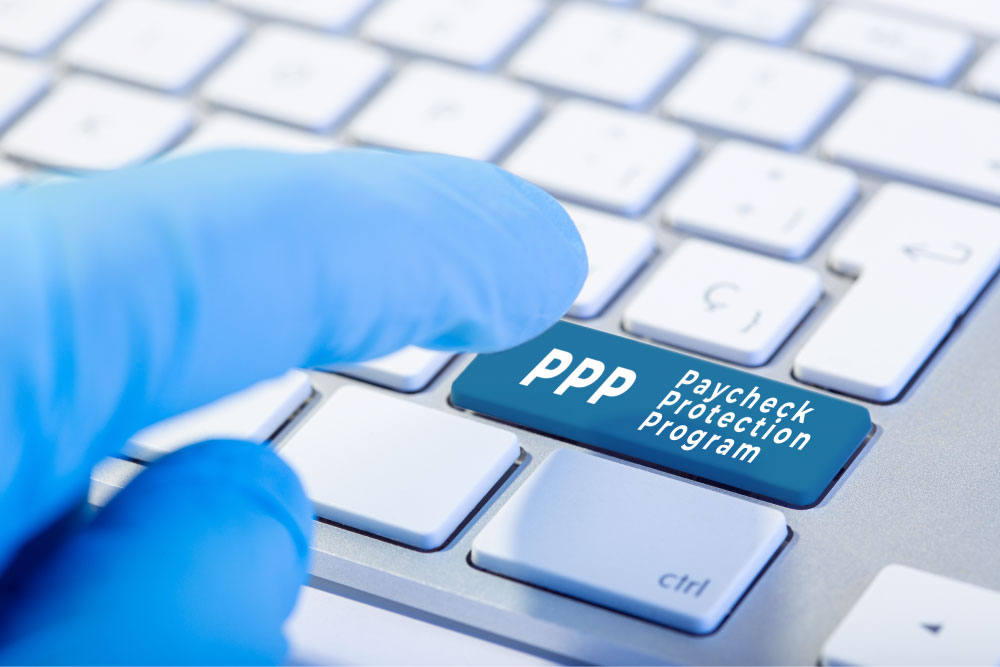
In the face of the worst economic crisis since the Great Depression, the government launched the Paycheck Protection Program, a trillion-dollar effort to incentivize employers to retain their employees during the quarantine and maintain most of their compensation. The program was administered by the Small Business Association (SBA) and provided forgivable loans to eligible employers who keep their people on payroll. The idea was a good one, but the execution was terrible. There are millions of employees, self-employed people, independent contractors and small businesses who were excluded. Most of the money did not get to where it was intended.
A lot of companies are not open for business, and if the goal was for the money to get to workers, then the government should have avoided all the middlemen and funded the money directly to the employees. The entire economic relief package related to COVID-19 will end up costing about $6 Trillion. The government could have paid every worker in America $4000/mo for six months for only $2.4 Trillion. Think about it. PPP was not a total failure, but it has been too bureaucratic and way too many people who are important to our economy were left out.
Some call it selfish; I call it the American way. In this episode, I break down why voting for policies that improve your life isn’t just your right—it’s how the system was designed to work. When we vote our own interests, we build a country that works for everyone.
Michael Jordan wasn’t picked first in the NBA draft—he wasn’t even picked second. Why? The Portland Trail Blazers hired for position, not for talent, and passed on the greatest basketball player of all time. In this episode, I explain why employers make the same mistake, and why the smartest leaders hire the best people they can find—regardless of position.
Politicians on both sides have overreached—ICE raids and the war on DEI have gone too far, and history tells us there will be a rebound. In this episode, I explain why attacks on Latinos may end up uniting us more than ever before, and why the backlash could be a turning point for our community.
